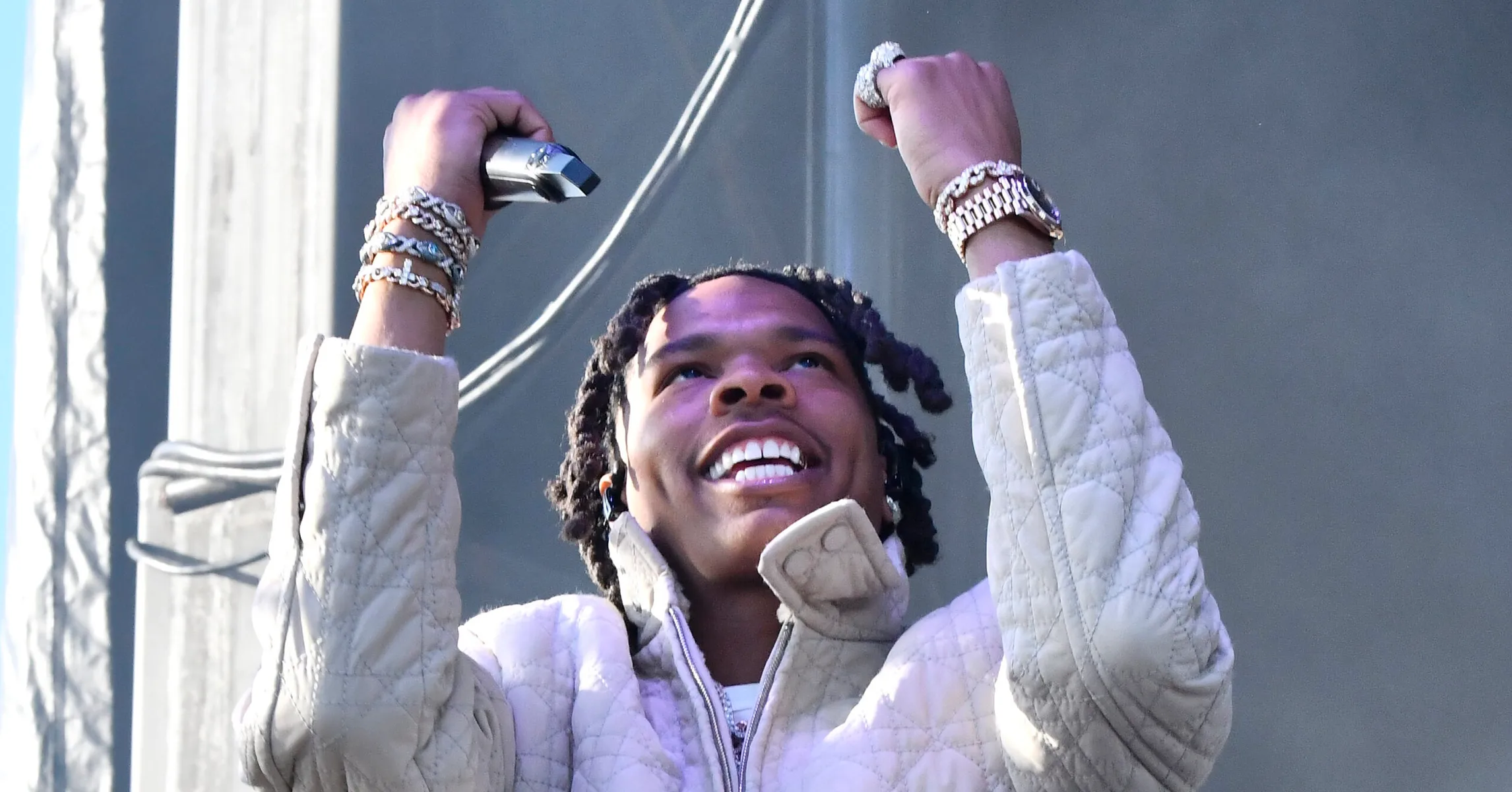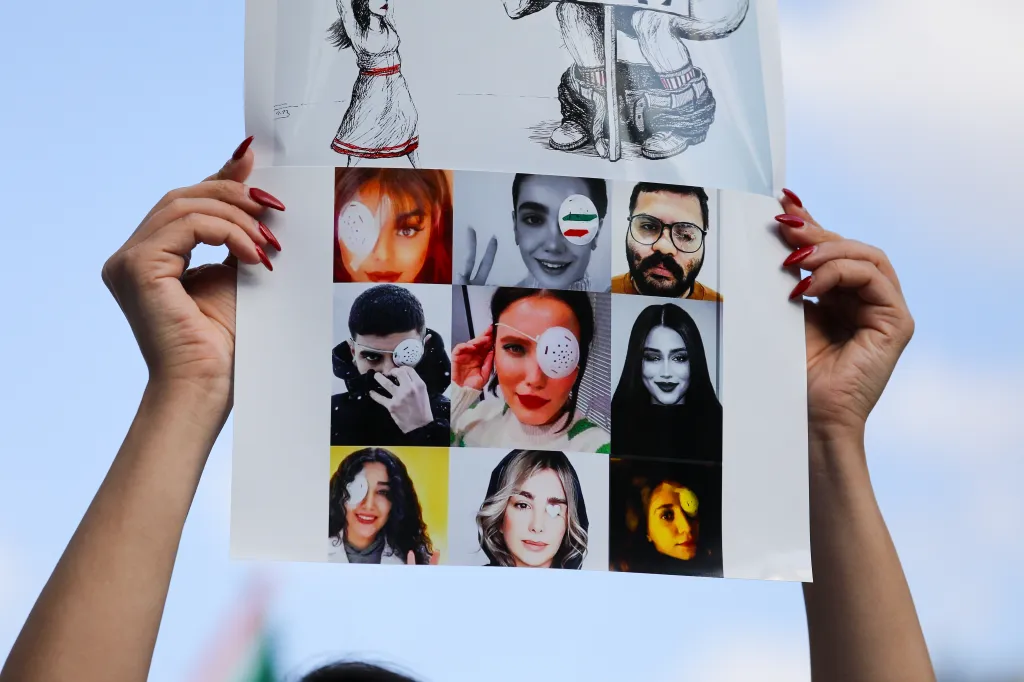
The Billboard charts have long held a chokehold on hip-hop discourse, making it nearly insufferable to debate music anymore. If a rapper doesn’t have a #1 album, is it actually mid, just poorly marketed, or intended for a niche audience? Professional sports illustrate the dilemma perfectly: superhuman talent is abundant, yet only a handful become the face of the league. Similarly, each era of hip-hop has a chosen few who define it, and unfortunately—or fortunately—that’s largely dictated by numbers. Lil Wayne’s mixtape run is revered not only for its quality but also for its sheer volume, culminating in Tha Carter III, one of only three hip-hop albums at the time to go platinum in a week. In 1998, DMX topped the charts twice in less than a year with his debut and sophomore albums, becoming the first rapper to do so. Drake’s elevation throughout the 2010s into one of the highest-selling artists of all time completes the picture.
At one point, it was Lil Baby’s turn to hold the baton for Atlanta, passed down by Future and Young Thug. Few rappers of his era have had a story quite like his—a bona fide hustler with credibility in the streets who needed some convincing before stepping into the booth. The moment he did, he became a global superstar whose momentum seemed boundless. Could a falloff even be possible for someone who pens infectiously syrupy flows, quotable earworms perfect for Instagram captions, and melodies that loop in your mind for weeks?
Lil Baby’s reign was one of the most exciting to occur post-“mumble rap” criticism. Early hits like “Freestyle” are nearly ritualistic for any hip-hop DJ looking to turn the energy up to 11. Tracks like “Drip Too Hard” and “Yes Indeed” dominated the streets with honeyed melodies—and of course, the unforgettable “Wah Wah Wah” bar. Even at his peak, he translated his observations about Black America into one of the most crucial songs of the BLM protests in 2020, which made an even bigger statement on the Grammy stage the following year.
INGLEWOOD, CALIFORNIA – JULY 01: Lil Baby performs during his WHAM World Tour at Intuit Dome on July 01, 2025 in Inglewood, California. (Photo by Jerritt Clark/Getty Images)
His influence extended beyond the young rappers who followed him, penetrating even the most purist circles. It’s not easy to inhabit a middle ground where commercial and critical success coexist, yet Baby managed it to a remarkable degree. He became a fixture on radio rotation without ever feeling overexposed.
Last week, Billboard named Lil Baby’s My Turn the best rap album of the 21st century. Like the Grammys, no one expects Billboard to dictate culture beyond numbers and chart patterns—especially since not even the most casual hip-hop fan would place My Turn among the top 20 rap albums of the 2000s. Still, the accolade placed Baby in the company of Morgan Wallen, Taylor Swift, Adele, the Hamilton cast, Post Malone, Nickelback, and Lady Gaga in the top 10—a notable but somewhat perplexing feat.
Released over five years ago, My Turn gave us the sensation of being outside while we were confined indoors. Baby’s peak coincided with TikTok and Instagram attempting to simulate the feeling of socializing over music, even as the world masked up and social distanced to avoid COVID, while boosting Spotify streams. Baby succeeded, but that momentum didn’t carry into subsequent projects—a pattern that has also plagued many of Quality Control’s biggest artists, including Migos. It’s Only Me offered too few hits to remember, and its bloated tracklist felt like the type of filler that made Culture II a commercial success without earning its place as a quintessential hip-hop record.
Lil Baby is unlikely to recreate the surge he experienced during a specific window, and 2025 may have witnessed some of his boldest attempts to do so. The year was meant to mark a major comeback, beginning with WHAM, followed by Dominique. WHAM proved forgettable, buried quietly after release, and months later The Leaks was announced—a compilation of songs that had surfaced online. With features from Young Thug, Playboi Carti, G Herbo, Veeze, and more, the project looked promising on paper. A September 5 release came and went without explanation, and as we enter October, no new album has emerged. Rumors of retirement have surfaced, which may be the wisest move of his career.
These missteps don’t signal a permanent downfall but rather indicate that the commercial pull sustaining his success for the decade has weakened. This mirrors the decline of a genre that transformed the streaming era, beginning with downloadable mixtapes circulating through neighborhoods and rap circles. Baby was the face of that transitional phase. In 2025—a year when purists celebrate projects from Clipse, J.I.D., and Freddie Gibbs—demand for Lil Baby feels like a rejection of formulaic hits that no longer work. His recent melodic rap-sing approach no longer produces unshakable earworms, instead offering familiar flourishes that fail to move the needle.
NEW YORK, NEW YORK – JANUARY 07: Lil Baby during “Wham” Pop Up Performance on January 07, 2025 in New York City. (Photo by Johnny Nunez/WireImage/Getty Images)
Baby may have been most grounded in his expectations back in 2020. My Turn wasn’t a declaration of eternal dominion; the throne was his for an era, and he held it well. Even so, the numbers show a clear decline: It’s Only Me moved 216K units in its first week—19K more than My Turn—while WHAM sold 140K and didn’t sustain chart momentum. Despite promises of a prolific year, these figures, along with minimum staying power, suggest that another project—or two—is unlikely to relaunch him to the top. Add canceled tour dates, and the disconnect becomes undeniable.
Lil Baby’s superpowers are fading, and whether he ever produces an album as culturally and commercially dominant as My Turn remains uncertain. But perhaps longevity in hip-hop was never the goal. He has always carried the aspirational touch of Jeezy more than the retributive edge of Gucci Mane. He crafted anthems for hustlers striving to rise beyond the streets, not to conquer them. His career demonstrates the value of living that reality without constantly rapping about it—treating the rap game like a corner serving as a liaison for elevation. Baby has completed Harvard-level courses, rubbed shoulders with billionaires, launched businesses, and maintained a solid reputation (outside of the jokes from Akademiks’ corner of the internet).
If we’re over 75% through 2025, and Baby has delivered only one of three promised releases, perhaps retirement isn’t a loss but the only viable option beyond the glass ceiling he faces. Stepping back from hip-hop isn’t an L when you have proven business acumen. It’s the natural progression. The failure comes when any rap icon who carried an era expects yesterday’s formula to succeed in today’s algorithm.



